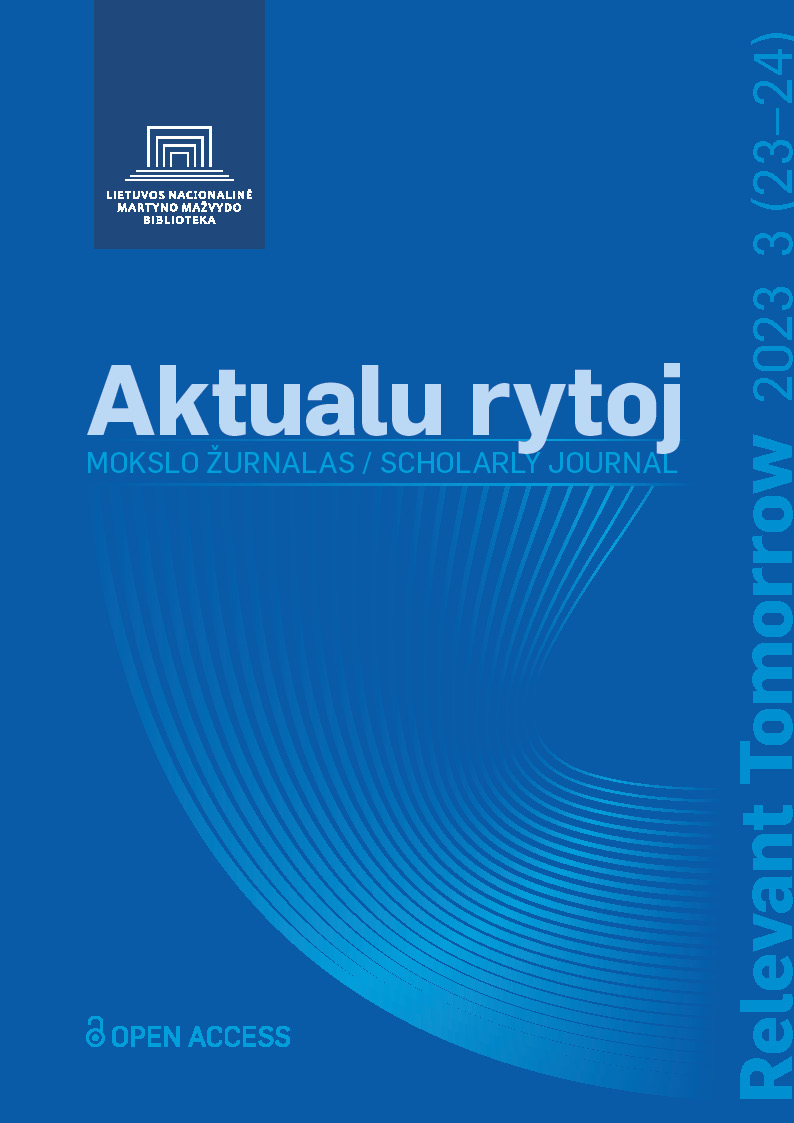Vilnius anapus miesto ir nemiesto opozicijos: keletas minčių apie miestų planetinę ateitį
DOI:
https://doi.org/10.51740/RT.3.23.24.10Reikšminiai žodžiai:
planetiškumas, urbanistinė gamta , Umwelt, miesto ekosistema, Vilnius , Karoliniškių kraštovaizdžio draustinis, daugiau nei urbanistinis paveldas, ne į žmogų nukreipta viešoji erdvė , žalioji komodifikacijos sienaSantrauka
Straipsnyje pasitelkus planetiškumo sąvoką ir jos reikšmę urbanistiniams tyrimams analizuojamas Vilniaus urbanistinis miškas. Argumentai išdėstyti straipsnio trijose dalyse. Pirmojoje dalyje detaliai nagrinėjami globalizacijos ir planetiškumo skirtumai ilgalaikėje socialinės urbanistikos perspektyvoje. Antrojoje dalyje dėmesys kreipiamas į didelio miško masyvo Vilniuje reikšmę, taip pat jo vietą pokario miestų augimo kontekste. Trečiojoje dalyje Karoliniškių kraštovaizdžio draustinis vertinamas kaip Vilniaus žaliosios juostos dalis ir kaip potencialus buvusių ribų atvėrimas – kreipiamas dėmesys į šio draustinio dermę su ankstesniais modernaus miestų augimo projektais, pakeitusiais Viduramžių miesto sienas, laikytinas savotiškomis „izoliacinėmis juostomis“. Tyrimas atskleidžia tris naujus šio draustinio aspektus: kaip daugiau nei urbanistinio paveldo, kaip ne į žmogų nukreiptos viešosios erdvės ir kaip potencialios žaliosios komodifikacijos sienos.
Downloads
Atsisiuntimai
Publikuota
Kaip cituoti
Numeris
Skyrius
Licencija

Šis kūrinys yra platinamas pagal Kūrybinių bendrijų Priskyrimas 4.0 tarptautinę licenciją.









